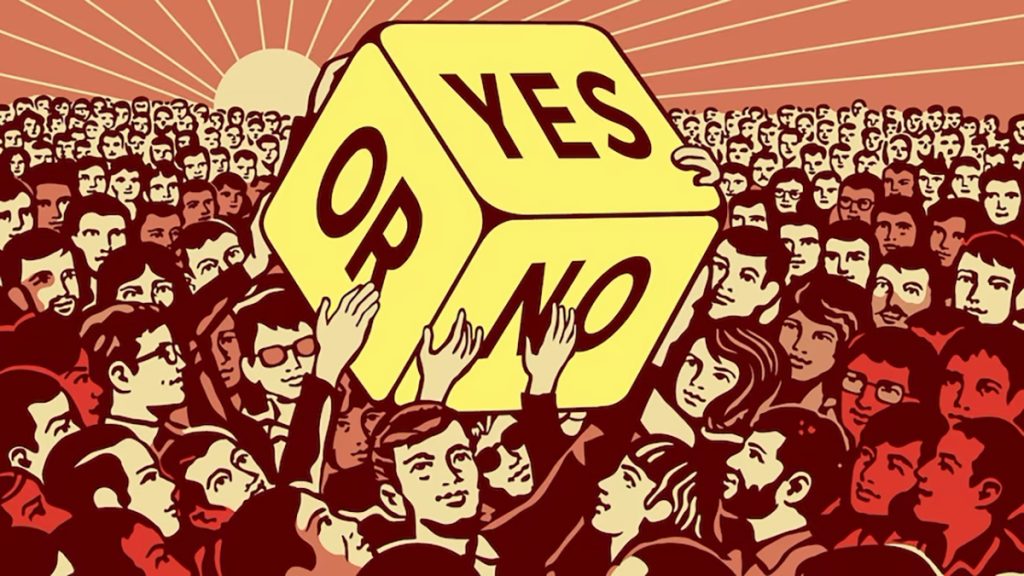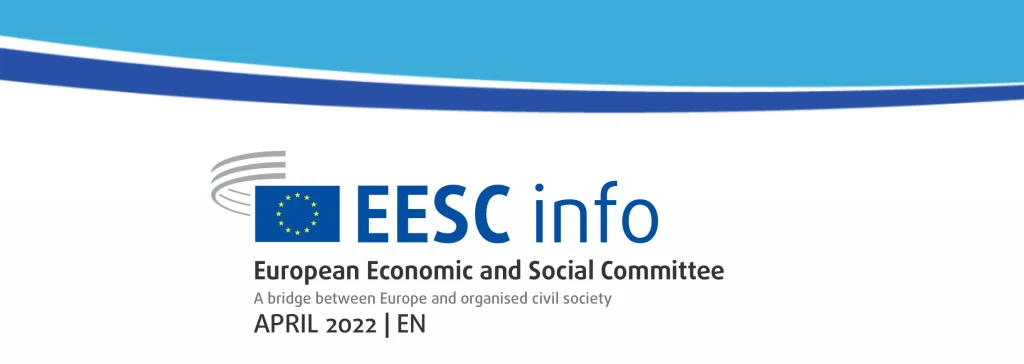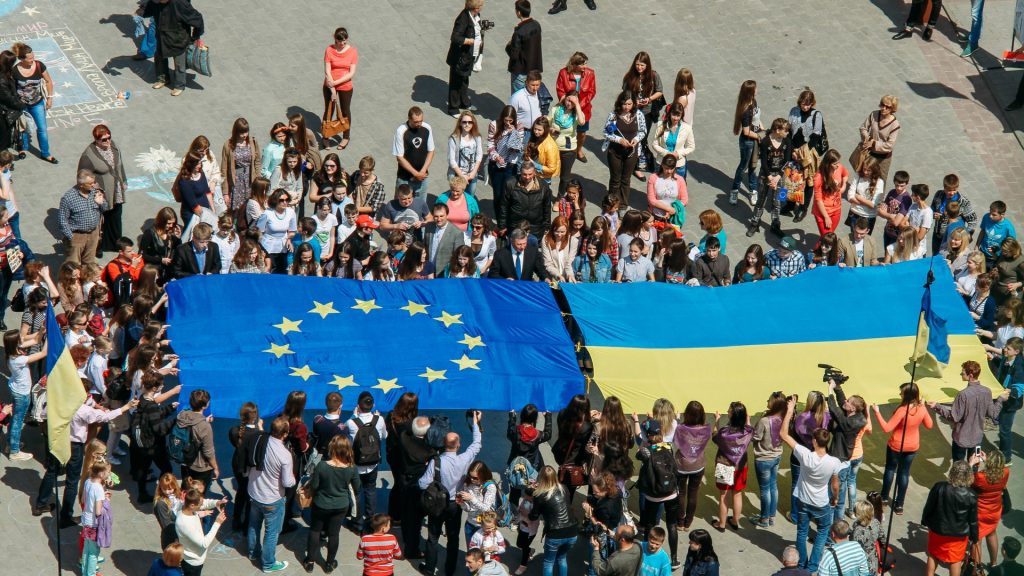Looking to the future, governments will most likely, but with different degrees of intensity, decide that it’s in the best interest of society to rewrite some of the rules of the game and permanently increase their role.
Klaus Schwab
In the past few days, I took some time to read the book “COVID-19. The Great Reset” by Prof. Dr. Klaus Schwab and Thierry Malleret (further, I will only refer to Mr. Schwab).
Klaus Schwab is the founder of the World Economic Forum in Davos – the discussion club for the heads of states and alike. In June 2020 Mr. Schwab published the book “COVID-19. The Great Reset”. His book is widely praised by the power elites of different countries. It has as a goal – a fair and just society by “resetting” it. And describes Covid-19 as an opportunity to do so.
Comparison to measures in previous pandemics. Justified?
Mr. Schwab compares previous pandemics, especially the bubonic plague pandemic, to the current one, and says that all the draconic measures were necessary then, providing for a “reset” in those times, are necessary now too. He leaves aside that in comparison to “then”, now there is transparent information instantly available to billions of people. He leaves aside, that the authorities can and must act much efficiently now due to the new information and statistics that emerge every single day, making sure that every time the measures are better targeted and more proportionate. Especially, seen that mortality rates of these two diseases differ tremendously.
Of course, the author admits that “we still don’t know just how dangerous COVID-19 is. Its infection fatality rate remains a matter of debate“. He also admits the irreversible consequences for the global economy. He raises the question of ethics, and says we should “not choose between life and economy”, but at the same time, leaves the whole sphere of loss of lives and health because of the governments’ measures, aside. And then, even, when he touches upon the issues of mental health and domestic abuse stating that they will be there for the broad population for years to come, admits that “in the post-pandemic era, the numbers of unemployed, worried, miserable, resentful and hungry will have swelled dramatically“, he does not put those issues in the equation with the lives lost due to the disease, as he does with the economy. But choosing not to impose lockdowns does not mean let the elderly and the weak people die, it only means that the targeted strategies should have been worked out instead of creating the global crisis in all spheres of human life.
Why creative solutions envisioned only for AFTER the pandemic? Where are the people?
Mr. Schwab deliberately leaves aside the notions of “creative solutions” and “thinking out of the box” in terms of reaction to the spread of the virus and says: let’s react like 500 years ago but think creatively for AFTER the pandemics. He leaves aside that 500 years ago people of different backgrounds from all over the world could not see what’s happening instantly, discuss what’s happening, and look together for a balanced solution.
There were no elections and parliaments in current definitions, and therefore no debates and accountability of executive power to the people. There is a lot of emphasis on the “governments” in the book but no parliaments… But if the goal is social, where are the people?
Ideologically Mr. Schwab is against individualism and classic capitalism (he suggests that “stakeholder capitalism” should replace capitalism), therefore, the situation now is an opportunity to get rid of these notions forever. But is individualism so unnatural? Is individual responsibility for own actions unfair? Does the “collective self” know better about the pain that one person feels? About the accidents and tragedies that are inevitable, and are always felt individually? Is it ethical to destroy millions of lives due to the measures for the sake of removing individualism without knowing where it will take us all?
In one of the chapters Mr. Schwab argues, that current opportunities need “to be seized” to create new institutions and policies “towards greener and fairer future”. This is a noble goal but it has to be done in a transparent way, it must be included in the electoral programs, as not only those currently in power have the right to decide on the “seizing opportunity” but every and each of us.
It is remarkable that Mr. Schwab is looking into the future with the hope of “creative solutions” but not addressing the issue of the creative solution during the pandemics and ignoring such notion as entrepreneurial spirit, e.g. by using the means we have and people who are ready to volunteer, working with small businesses and civil society and checking with them what each of them can do, like delivering oxygen at home and teaching people how to use it (see Antwerp hospital’s solution for Jewish community). Instead of pushing people “in the corners”, wouldn’t it be better to use their individualism and involve them in decision-making and delivering the results?
Targeted response? Not touched upon.
Although, Mr. Schwab writes about the tremendously negative psychological effects of the measures (he writes “of Covid-19”, I write – “of measures and media”) in one of the chapters, when comparing the necessity of the measures in 1595 and 2021, he leaves aside that the sphere of psychology was not around on that time as well as the internet and human rights, the rule of law and international cooperation, access to experts from all spheres of human existence and the abundance of the resources. After centuries of the fight for rule of law, we know: no (over)reactions to disease can trespass a Constitution and the right of people to fair and inclusive debates on whether to destroy the basis of their societies (it is their societies, after all, not the authorities’) or to look for other, creative solutions. Every day new information has emerged on whom the virus hits and what treatment it reacts to. And every day the government must have acted upon new knowledge not in terms of numbers but in terms of features of the virus and of the people it hits, applying new targeted tactics.
All the achievements in the sphere of healthcare have zeroed: a year ago breathing fresh air, doing sports, eating healthy food was the advice of all specialists to strengthen the immune system. Strangely enough, although Mr. Schwab addresses this issue in the very last chapter of the book, saying that a human and nature should not be separated, and that nature heals, no one from the power elites talks about it now, moreover, breathing fresh air became “paid” (people pay fines for not having mask even there where the person is alone on the street), and doing sports not necessary. The children and the youth are less vulnerable to the virus because of their strong immune system, so why deliberately removing instruments of strengthening the immune system from our lives by closing down the sports clubs?
Only vaccine will save our lives
Contrary to what Klaus Schwab wrote about nature, he also stated that “only vaccines will save our lives”. A fair question here would be: “What about millions of people who got sick and then “back better” by being just at home? What about vaccines that may not work? Or not work on everyone? Or possible side effects? Or is it ethical to sacrifice few lives to vaccine’s side effects to save millions from the disease?
Already in June 2020, five months into pandemics, Mr. Schwab implied that the vaccine will be effective and secure, leaving aside, that neither manufacturers nor the governments nor the EU take responsibility for possible side effect. Moreover, Mr. Schwab stated that the biggest challenge was not the science behind the vaccine (then why so many vaccines to other infections got failed during the test phases?) but the distribution of it and political pressure of the “antivaxxers”.
By calling people “antivaxxers” he does not make difference between those who are against all the vaccines and those who are against “new” vaccines being pushed onto billions of people at almost the same time without knowing how their bodies will react to it in 6 months or 2 years. These “antivaxxers” have fear for their life and health since no one takes responsibility if something goes wrong, unlike in the situation of natural infection by Covid-19, which is their own responsibility and they are aware of it.
Those who are naming and shaming the “antivaxxers” should check the term narcolepsy and its connection to influenza vaccine in 2009 on the WHO website. Are the people who took the vaccine and regretted it, antivaxxers? Is it ethical and moral to name and shame people in this situation? Mr. Schwab writes about empathy and understanding, so where is understanding to the other side?
On 27 January 2021 the Parliamentary Assembly of the Council of Europe urged member states and the European Union (among others) to put in place independent vaccine compensation programmes to ensure compensation for undue damage and harm resulting from vaccination; to pay special attention to possible insider trading by pharmaceutical executives, or pharmaceutical companies unduly enriching themselves at public expense; ensure that citizens are informed that the vaccination is NOT mandatory and that no one is politically, socially, or otherwise pressured to get themselves vaccinated if they do not wish to do so themselves; ensure that no one is discriminated against for not having been vaccinated, due to possible health risks or not wanting to be vaccinated.
The new social contract
Seen his impact on leaders of the states Prof. Dr. Klaus Schwab has, he should have encouraged them to be proportionate and vigilant to power abuse that emerges in the situation of exception.
Not even once the protection of human rights and basic freedoms are mentioned in the context of power abuse due to governments’ measures. Well, it is, but only in terms of “concern that the fight against this pandemic and future ones will lead to the creation of permanent surveillance societies“. And he explicitly leaves the question of whether “extraordinary powers require authorization from the people and must be limited in time and proportion” completely open.
And there the man talks about the new social contract – the unwritten one between the government and the people. Today, all around the world we see that the governments (executive power!) are taking decisions without due processes, decisions that are disbalanced, and there is often no mechanism of execution of these decisions with two exceptions:
- They authorize the police to execute it through fines and other administrative measures, which is abuse of power because according to one of the basic principles of law, nemo dat quod non habet (no one gives what one doesn’t have).
- They leave it to people to figure it out: to name and shame, to fear and blame. All of it opens Pandora’s box of breaking taboos. It leads to authoritarianism and power abuse on the way to reaching the goal.
Klaus Schwab has predicted the breach of the societal grounds; many things we experience in 2021 he has “foreseen” in June 2020. Actually, by publishing this book he has encouraged the power and money elites to take all measures necessary to have “the great reset”, making this book a “self-fulfilling prophecy”.
The great reset has a noble goal to make the world a fairer and more just place but trying to achieve it by not fair and just means, by imposing it without proper debates, without letting the things take a natural turn, may only bring more harm. The road to hell is paved with good intentions. The people know and see what is happening, unlike 500 years ago, we have internet. Our kids will remember, draw parallels and compare the results.
We, the people must be vigilant and demand more, much more from the authorities in terms of rule of law; claim our liberties now, while “the contract” is being drafted. Once completed, the opportunity is lost for generations.




